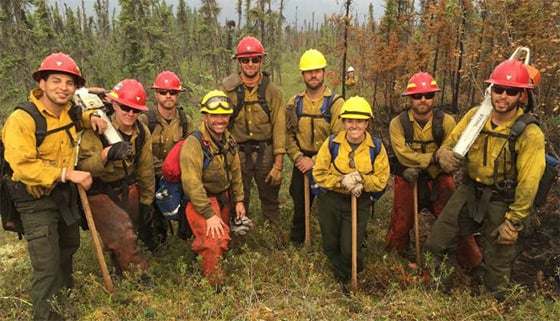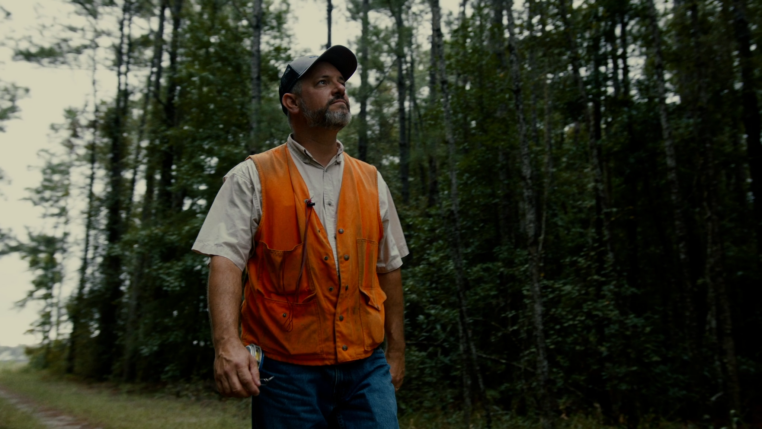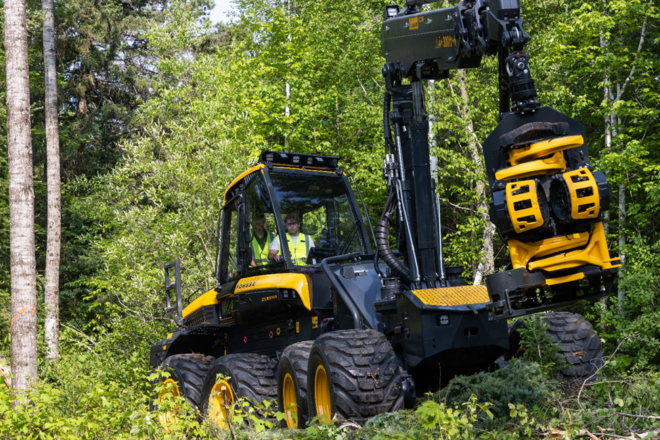Addressing the Labor Shortage in the Forestry Industry


A recent Wall Street Journal opinion column highlighted a concern that is all too real to those of us in the forestry industry: there is a growing labor shortage. According to the piece, “demographic trends coupled with a skills mismatch have resulted in a frustrating economic paradox: Millions of workers are underemployed even as millions of jobs go unfilled.”
The column stated that one of the chief causes of this program is a lack of educational programs. “Most high schools have dropped vocational training, and more young people are enrolling in colleges that don’t teach technical skills,” the article said.
Many of our members up and down the supply chain have seen this labor and education gap first hand and FRA has begun identifying ways to help meet this need. We have worked with our partners to open vocational programs and to reach out directly to high school students to share information on the benefits of a forestry career. The Alabama Forestry Association, for example, has kicked off an effective program at the high school level that can be replicated across the country. The 2017 Alabama Forestry Leaders Program focuses on the opportunity to learn more about Alabama’s sustainable forest industry and connect with peers and mentors.
FRA has also begun targeting veterans who are looking for a new career outside of the military. We recently launched a new page on our website aimed specifically at these men and women and will continue to work hard to reach this group. If you visit our website, you can view a wonderful video about veterans who have found careers in our industry.
Another step we are taking is in concert with the American Loggers Council. Together, we are advocating for a piece of legislation called the Future Logging Career Act, which will allow loggers to bring their 16-year-old children to work to see the attributes of logging as a career as they make a decision about their future.
There is still more work to be done to address this issue and we will continue to work together with our partners to find ways to reach the next generation of workers whether they are loggers, truck drivers or foresters. We welcome any ideas our members might have and look forward to continued dialogue on this important topic.


